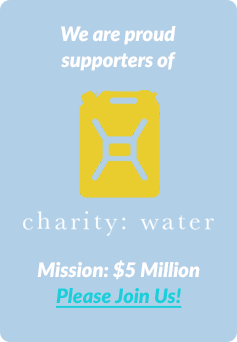Do you make resolutions at the start of a new year?
How is that working for you? If you respond with a fist pump of victory, you’re in the minority (only 8% of people successfully achieve their resolutions).
What’s going on? Why are resolutions so hard to keep?
On the surface, resolutions are all about taking action, meaning: doing something different than you were doing before.
And in most cases you already know what to do to accomplish your resolutions. Let’s say, for example, you resolve to lose weight and organize your garage. How do you lose weight? Eat healthy, exercise more. How do you organize the garage? Get rid of the piles of junk.
So, if you know what you want to accomplish and how to accomplish it, why haven’t you succeeded?
Because doing is the wrong place to start.
It helps if we back up a few steps. Action is motivated by feelings. Feelings result from thoughts. This is the root of why your resolutions go awry.
Trying to jump from your current circumstance (clothes don’t fit, garage is bursting at the seams) to your desired result (you minus 15 pounds, a tidy garage) without addressing the thoughts and feelings that got you where you are means you will meet a mountain of internal resistance that undermines you no matter how enthusiastic you are on January 1.
Chances are that what you resolve to do is not a spur-of-the-moment idea. It’s probably something you’ve been thinking about for a while. Maybe you’ve made it a new year’s resolution before – tried and gave up. This doesn’t mean you’re weak or a failure.
Resolutions (or any goals you set) are about more than just the desired result – they are about who you become in the process of attaining them. This is where your old thoughts trip you up. You may not be aware that they are holding you back, only that another day has gone by and you are on the couch eating leftover cookies from the holiday dessert swap instead of going for a walk or sorting through old boxes of stuff.
This doesn’t mean that resolutions are useless. Research shows that people who make resolutions are 10 times more likely to succeed at their goals than people who don’t make them. But the best predictor of success is how prepared you are before you begin taking action.
If you choose to make a resolution for the new year, don’t rush into action (yet).
Your first step is to prepare by asking yourself:
What would it be like to be someone who does what I want to do?
What does this person do?
What does this person say?
What does this person think?
(Hint: probably not the same as you.)
Take some time with these questions. Your answers will illuminate your resistance and help you see the gap between where you are and where you want to be. It’s here that you set the foundation for becoming the you who succeeds and reaches your goals.
“If all you ever do is all you’ve ever done, then all you’ll ever get is all you ever got.” – an old Texas saying








